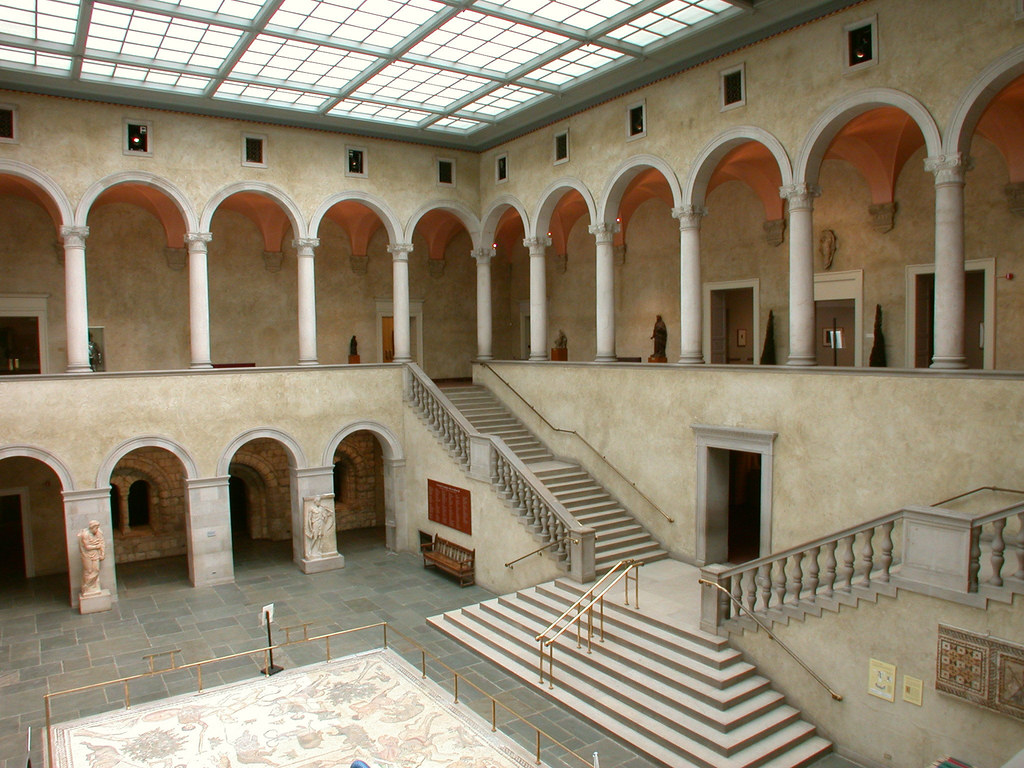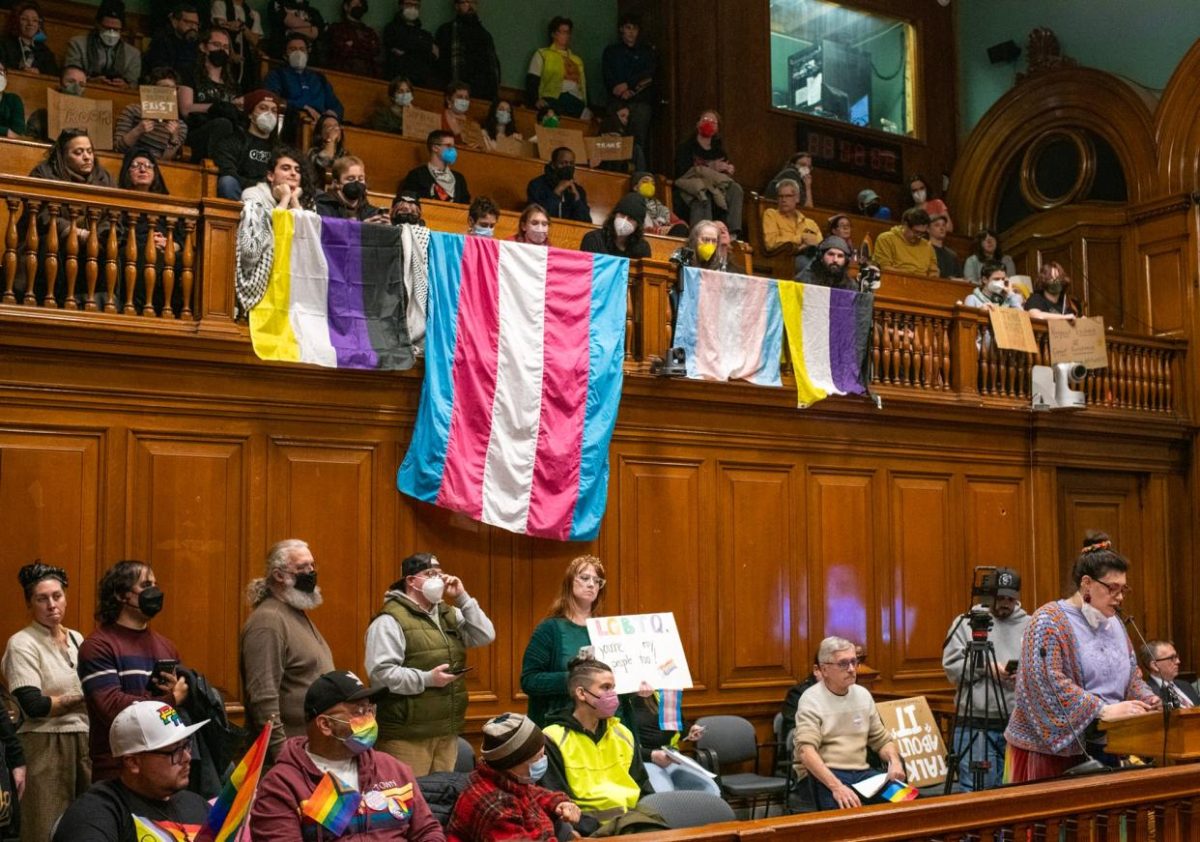Dr. Rachel Parikh, an Indian woman scholar, recently alleged that she faced shocking examples of discrimination during her time at the Worcester Art Museum (WAM). From being compared to a white child having a tantrum, hearing her boss’s husband talk about his mother’s sexual affairs, and having her credentials dragged through the mud, Dr. Parikh’s case stands as a shocking warning for any person of a minority group hoping to work at the WAM.
In a lengthy 64-page document filed against Director Matthias Waschek, Director of Custodial Affairs Claire Whitner and several others, Dr. Parikh alleges that she had been subjected to sex discrimination, race discrimination, retaliation, and aiding or abetting, all outlawed under Massachusetts Law G.L. c. 151B.
Perhaps this should have been expected, considering that WAM Director Waschek’s past has not been spotless. The document points out that he had left his previous job at the Pulitzer Arts Foundation after several women had come out with sex, age, and retaliation claims against him. Prior to Parikh’s case, a woman employee had filed a claim against WAM in 2015 for age and sex discrimination.
During the course of her time at WAM, Parikh alleges that her appearance had constantly been demeaned. Parikh explains that after her first interview, she was wearing a casual outfit at the airport, having a long trip ahead of her. Allegedly, now-defendant Claire Whitner had commented that Parikh didn’t have “the look” of a curator. Parikh had worn a professional outfit to the interview itself. The comments on her looks did not stop there, as she was later told by Whitner and Waschek to “zhuzh up” after a presentation she had delivered. Parikh was told she had to “wear makeup, perhaps little earrings, a necklace, a ruffled blouse” and that she “needs to do these things.” Yet, these sorts of style guidelines were never mentioned in the WAM Employee Handbook, the suit alleges.
She also alleges that she faced what would be known as a “glass ceiling.” Parikh joined as an Assistant Curator, and tried to negotiate for the higher-paying position of Associate Curator. She had, at that time, around six years of experience working at three prestigious art museums, including one at Harvard. When she tried to make this known, Whitner suggested that it would be unfair to give Parikh the title of Associate, because another employee with comparable experience was still an Assistant. Parikh later discovered that this employee’s experience was not, in fact, comparable to her own; the other Assistant Curator had only three years of experience at a small collection in South Carolina.
Two years later, Parikh tried to negotiate for a higher position again when two new positions opened up. At this point, she had eight years of experience under her belt with numerous contributions to the museum and her field of work. Whitner reportedly downplayed her experience, saying that when she joined she was “just a fellow.” The job posting notably said that in order to be considered for the Associate position, someone with a Ph.D had to have three to five years of experience. Parikh, at that time having eight years of experience, claims that she was not considered for the job.
Some of the more sinister allegations included in the document were reports of racist comments and inappropriate behavior by Waschek and his husband, Steve Taviner. During a brunch, the couple had reportedly brought up the BBC comedy show “Goodness Gracious Me,” because there was an Indian family in that show. The show was brought up several times, with Parikh alleging that the two mocked the show’s characters with a falsetto Indian accent. They also supposedly did not believe that “Rachel” was Parikh’s real name, and hounded her for what her “actual” name was.
Another incident occurred at a dinner party at Waschek and Taviner’s house. Parikh was warned of a prior situation by a fellow colleague about how she should not take the offered tour of their upstairs bedroom as they showcase strategically-placed shower heads in their bathroom for sexual pleasure. Parikh had assumed that the couple would be on fine behavior that night, only to be allegedly proven incorrect.
Dinner started when Taviner made Indian food and claimed he was a “victim of racism” after the Indian cashier questioned whether he knew what he was doing when purchasing Indian food ingredients. He also said he knew a lot about making Indian food because he “dated an Indian guy.” The couple showed the attendants of the dinner party a pillow that had Gustav Courbet’s “Origin of the World” printed on it, in which the woman’s genitalia was covered in pins. Taviner then exclaimed that his mother had sexual relations with his piano teacher when Parikh asked if he participated in any piano competitions.
Numerous allegations of racist behavior by Whitner and Waschek were outlined in the civil case. In one of the alleged incidents, Parikh brought up concerns about racist language in a press release to Whitner. Whitner responded by saying, “On the spectrum of racism, it isn’t that bad.” She told Dr. Parikh to “just breathe,” because it was something she told her infant child when he was having tantrums.
In another incident, Whitner reportedly wanted to get rid of African artifacts that she didn’t know anything about. Facing pushback from one of Parikh’s colleagues, Waschek allegedly berated that colleague over how she was “rude and mean” to Whitner, and how she made her cry. That colleague was then banned from speaking to Whitner for six months.
In several other reported incidents, Waschek expressed disbelief that a German woman in Bavaria was black, called Parikh and another presenter “Orientals,” and expressed that a Polish painting titled “Oświęcim” should instead be titled “Auschwitz” because “fellow countrymen” built it. After Parikh resigned when an investigation failed to confront the issues at the WAM, a Jewish colleague confided in her that Waschek said, “Jews make me uncomfortable” in a meeting with her.
News of Parikh’s case broke over the summer. Much of this story is still developing. Parikh seeks a jury trial and compensation for the alleged damages inflicted on her during her time at WAM.


